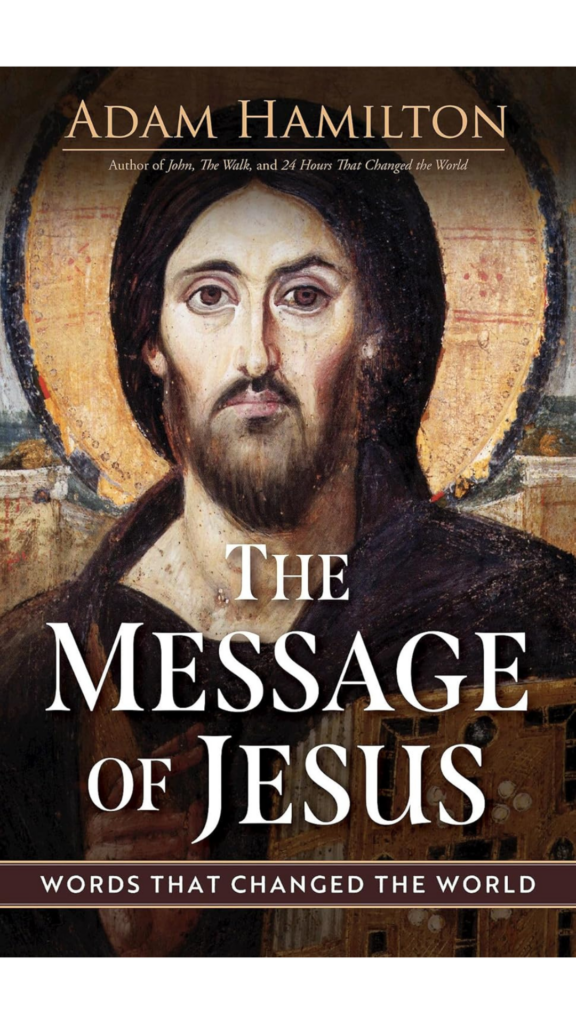Recommended Resources
Begin the Journey
We put together a short list of resources for individuals who may be new to the subject of racial justice. As courageous Christians, we pray that we will be inspired by God and engage productively in these important and challenging discussions.
Unpacking Whiteness
Talking about race requires white people to unpack their experiences in a world that sees whiteness as the default. When we see ourselves as outside of the category of race, we feel exempt from the conversations around racism. Refusing to grapple with how the concept of race affects us only continues to divide us.
The resources below are not meant to make white people feel guilty, but rather help answer the question – “How have I been shaped by the forces of racism?”
Videos on Unpacking Whiteness
Articles
- “White Privilege: Unpacking the Invisible Knapsack” by Peggy McIntosh (PDF Document)
- “How White People Got Made” by Quinn Norton (Medium)
- “What Is White Privilege, Really?” by Cory Collins (Teaching Tolerance)
Anti-Racist Resources
Being “anti-racist” goes beyond simply not being racist, and moves us into action.
From the National Museum of African American History & Culture:
“When we choose to be anti-racist, we become actively conscious about race and racism and take actions to end racial inequities in our daily lives. Being antiracist is believing that racism is everyone’s problem, and we all have a role to play in stopping it.”
The resources below will not only give you more information about what it means to be anti-racist, but will give you concrete actions you can take to address your own biases and have courageous conversations with others.
Racial Reconciliation Bible Study & Prayer Guide
Until we treat others the same, regardless of their wealth or race, we will not fulfill the law “to love our neighbors as ourselves”. Use this 3-part program to open the conversation on prejudice and how it harms our relationships with others. Discuss how we can overcome prejudice through love and understanding.
Additional Resources
- Take the Implicit Bias Test from Harvard University (Website)
- Being Antiracist – National Museum of African American History & Culture (Website)
- Responding to Everyday Bigotry – Southern Poverty Law Center (Website)
- #NoMoreBystanders: Resources and Trainings – Revolutionary Love Project (Website)
- Participate in the 21-Day Racial Equity Habit Building Challenge from Debby Irving
- “Brené with Ibram X. Kendi on How to Be an Antiracist” – Unlocking Us with Brené Brown (Podcast)
- “Kojo for Kids: Jason Reynolds Talks About Racism and the Protests” – The Kojo Nnamdi Show (Podcast)
- “Talking Race With Young Children” – NPR Life Kit + Sesame Workshop (Podcast & Article)
History of Race in America
Videos on the History of Race in America
Additional Resources
- 2019 State of Black KC – “Urban Education: Still Separate and Still Unequal” – The Urban League of Kansas City (Website)
- Historical Foundations of Race – National Museum of African American History & Culture (Website)
- 1619 – New York Times (Podcast)
- A Decade of Watching Black People Die – NPR’s Code Switch (Podcast)
- Dividing Lines: A History of Segregation in Kansas City – Johnson Country Library on VoiceMap (Driving Tour)
- Go Underground – Small group study by Jeremiah Enna and Dr. Luke Bobo
- REDLINED – Johnson County Heritage Center & Museum’s award-winning special exhibit, REDLINED: Cities, Suburbs, and Segregation has been transformed into a high-quality website telling the history and disastrous impact of redlining in Johnson County KS and nationwide.
Against The Odds
Generations of abilities and accomplishments by Black Americans have been overlooked and underrepresented throughout history. Yet, Black men and women have been the instigators, the inventors, and the developers of breakthrough ideas and technology that have positively impacted society. Black contributions have often been pushed aside or overtaken by others. We owe it to our Black brethren and ourselves to learn about and recognize their amazing contributions.
Videos - Against The Odds
Mass Incarceration
The United States has 5% of the world’s population and the largest known prison population in the world. Over 2.3 million people are incarcerated in state and federal prisons and local jails. This is a deep-seated issue that harms individuals, families and communities. ARJ encourages you to learn what’s behind the problem and how we can address it.
Videos on Mass Incarceration

Allies for Racial Justice (ARJ) is a partnership between St. James Church and Resurrection, two United Methodist churches. ARJ exists with the purpose of building authentic relationships to eliminate the existing racial divide in our communities and churches.
Books Grid

Book Description
The Sun Does Shine: How I Found Life and Freedom on Death Row is the memoir of Anthony Ray Hinton. In 1985, Hinton was arrested and charged with two counts of capital murder in Alabama. Stunned, confused, and only twenty-nine years old, Hinton knew that it was a case of mistaken identity and believed that the truth would prove his innocence and ultimately set him free.

Book Description
The Sun Does Shine: How I Found Life and Freedom on Death Row is the memoir of Anthony Ray Hinton. In 1985, Hinton was arrested and charged with two counts of capital murder in Alabama. Stunned, confused, and only twenty-nine years old, Hinton knew that it was a case of mistaken identity and believed that the truth would prove his innocence and ultimately set him free.

Book Description
The Sun Does Shine: How I Found Life and Freedom on Death Row is the memoir of Anthony Ray Hinton. In 1985, Hinton was arrested and charged with two counts of capital murder in Alabama. Stunned, confused, and only twenty-nine years old, Hinton knew that it was a case of mistaken identity and believed that the truth would prove his innocence and ultimately set him free.


